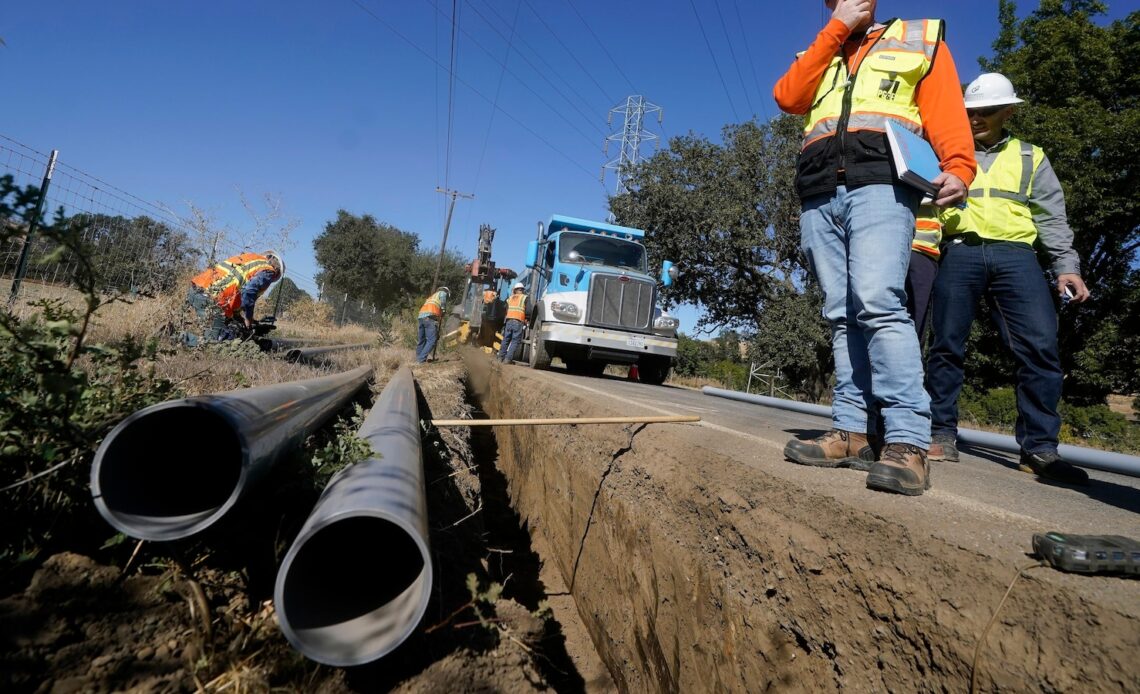SACRAMENTO, Calif. — A crackdown on how some of the nation’s largest utilities spend customers’ money faces a do-or-die vote Monday in the California Legislature.
Californians already pay some of the highest electricity rates in the country, in part because of the expensive work required to maintain and upgrade electrical equipment to reduce the risk of wildfires in a state with long, dry summers.
As rates continue to climb, utilities like Pacific Gas & Electric, Southern California Edison and San Diego Gas & Electric have faced increasing scrutiny from consumer groups over how they spend the money they collect.
Utilities aren’t allowed to use money from customers to pay for things like advertising or lobbying. Instead, utilities must pay for those activities with money from private investors who have bought stock shares.
Consumer groups say utilities are finding ways around those rules. They accuse them of using money from customers to fund trade groups that lobby legislators and for TV ads disguised as public service announcements, including some recent ads by PG&E.
A legislative bill would expand the definitions of prohibited advertising and political influence to include things like regulators’ decisions on rate-setting and franchises for electrical and gas corporations. It would also allow regulators to fine utilities that break the rules.
“It’s always fun to be able to give away other people’s money and use other people’s money to try to advance their own interests,” said state Sen. Dave Min, a Democrat who authored the bill. “But for a regulated industry like (investor-owned utilities), I would submit that that’s not good policy.”
The bill faces fierce opposition from utilities and some labor unions that fear it would prohibit union members who work for utilities from lobbying.
The bill had a public hearing last week in a committee, but it failed to pass after multiple Democrats, who hold large majorities in both legislative chambers, did not vote. The committee is scheduled to hear the bill again Monday. If it fails a second time, it likely won’t pass this year.
Min said he has accepted amendments to address lawmakers’ concerns, including allowing a grace period for utilities to correct errors and require that any money collected from fines be put into the state’s general fund. Still, he said it was “50-50” whether the bill would survive Monday’s vote.
PG&E opposes the bill because it said it would take away the power of state…
Click Here to Read the Full Original Article at ABC News: Business…

